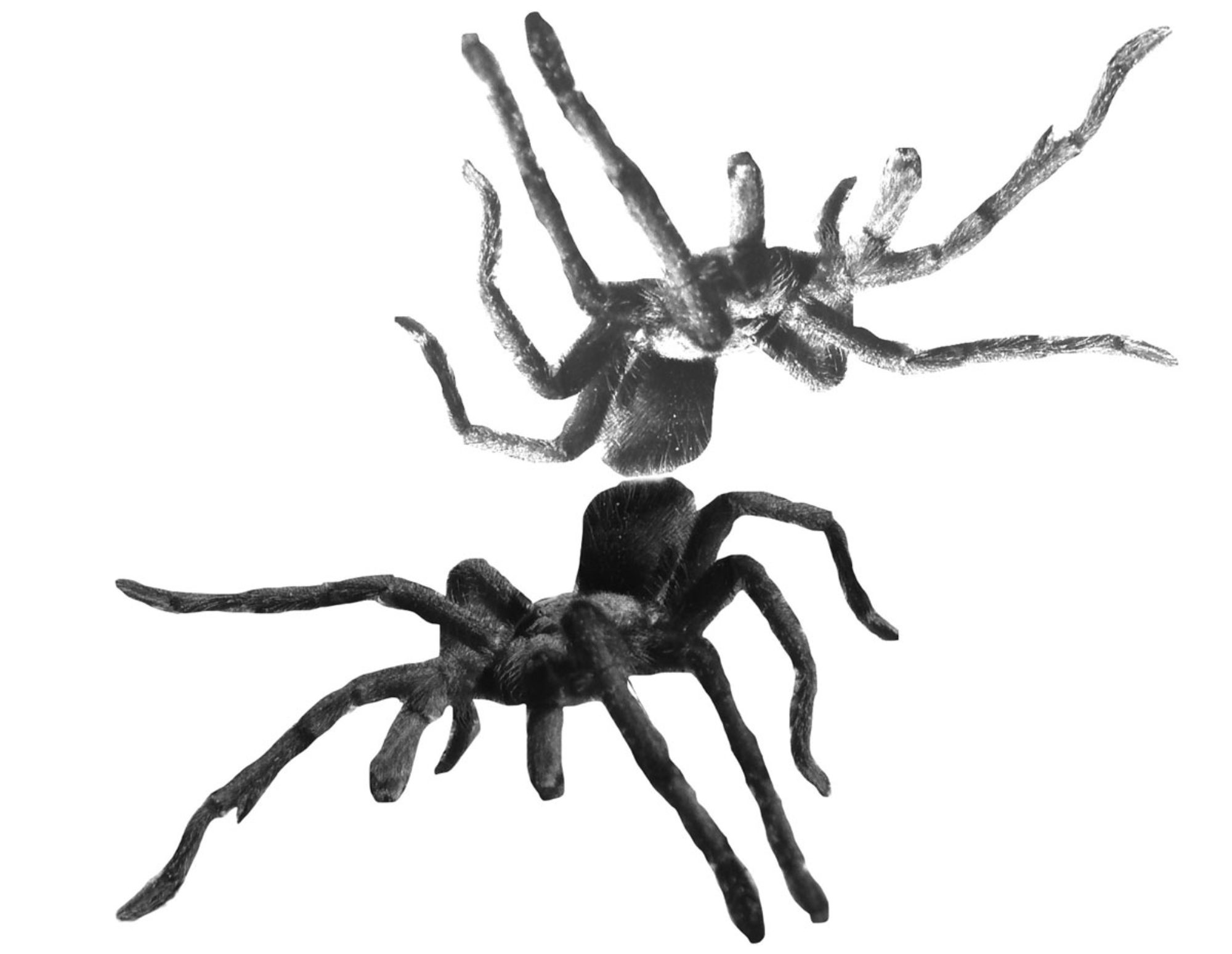We recently spoke with the National Coalition Against Censorship to discuss censorship of the Greater Chaco Art Zines and strategize approaches to build public awareness of this issue and prepare for our final petition push. NCAC have been powerful advocates for us and we look forward to continued work together. Thank you NCAC!
Here is a statement from NCAC about this censorship issue:
“Museums today are important sites of civic conversation about social and political, as well as aesthetic, issues. That is why it is very disturbing that the New Mexico Department of Cultural Affairs (DCA) recommended the removal of a poetry zine from The Social & Sublime: Land, Place, and Art, an exhibition at the New Mexico Museum of Art (NM MOA), because “all the poetry in the zine relates to…political commentary on fracking”. The DCA claims that distributing the zine “would be considered using state property to support [a] political cause.” DCA referred to a governmental conduct act prohibiting “a public officer or employee from …using property belonging to a state agency or allowing its use for other than authorized purposes.”
The exhibition focused on “issues of land use, expansion and border conflicts, and industrialization and the conservation of natural resources.” These are all clearly political issues, which, as the exhibition description states, are explored through lenses “ranging from the purely formal to the politically engaged.”
A zine dedicated to poetry about the impact of fracking on the local community neatly fits within the parameters of the show. Indeed, a number of works in the show also took political positions, as art often does.
It seems clear, then, that the concern was not the fact that the work took a specific political position, but the nature of that position. Created as a collaboration between artists from the Land Arts of the American West project, visiting artist Asha Canalos and local community organizers from the Greater Chaco Coalition, the zine is a condemnation of the devastating impacts of fossil fuel industries, and specifically fracking, on communities, ecological systems, and the climate within New Mexico. In a state highly dependent on the fossil fuel industry, this is a controversial position. But a publicly-funded institution cannot discriminate against specific political positions, no matter how unpopular: such discrimination would violate the First Amendment.
We urge NM MOA to adopt a formal policy affirming artistic freedom, including the right of artists to voice political opinions without fear of being silenced. The museum should also make it clear that exhibiting political artwork does not mean that the institution itself endorses specific political positions. This is the only way MN MOA can remain a site of encounter with new and radical ideas, a site where social and political dialogue happens, not become a place of pure entertainment governed by political censorship.”
-Svetlana Mintcheva, Ph. D, Director of Programs, National Coalition Against Censorship

Resisting Environmental Racism and Censorship